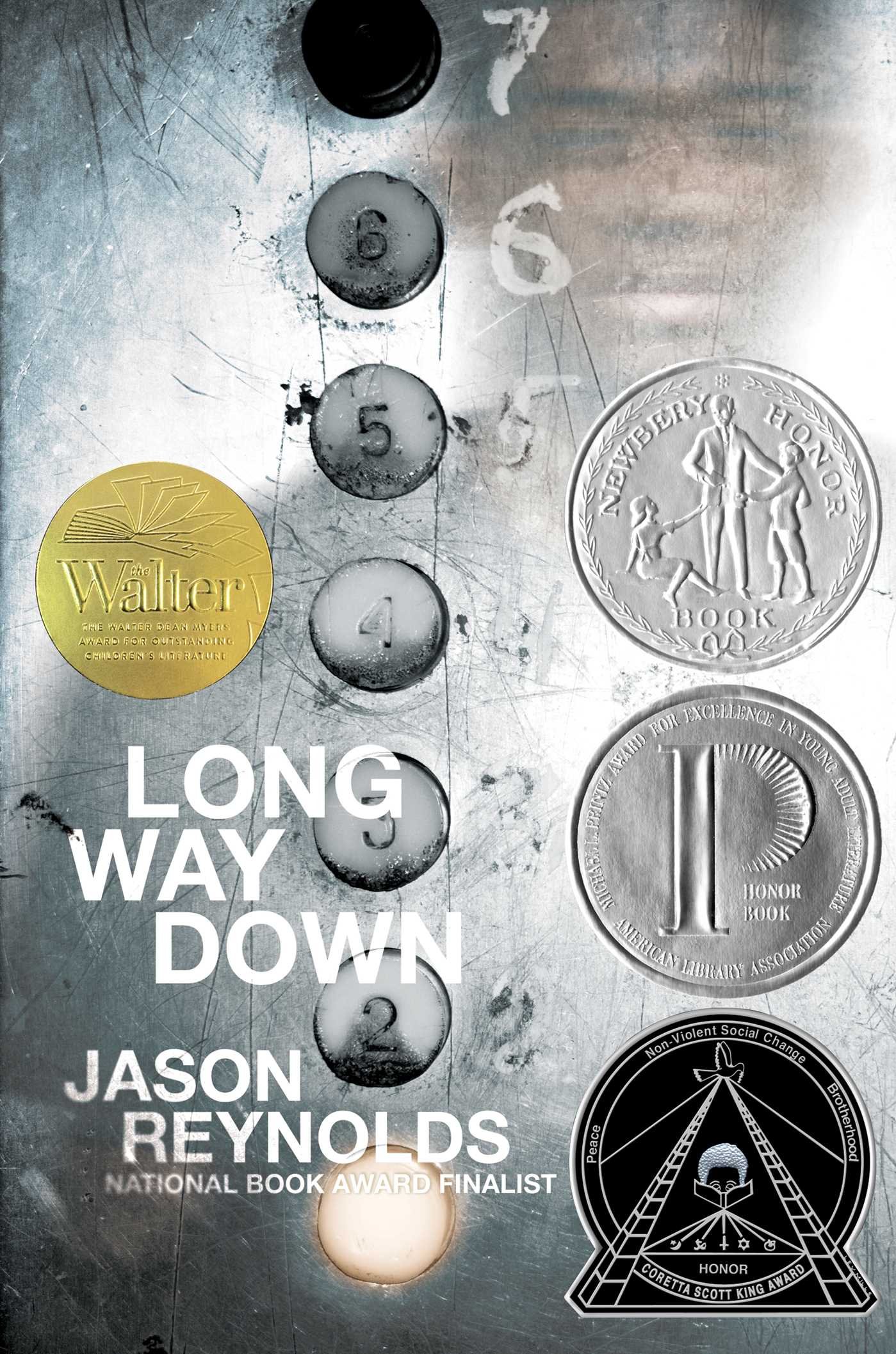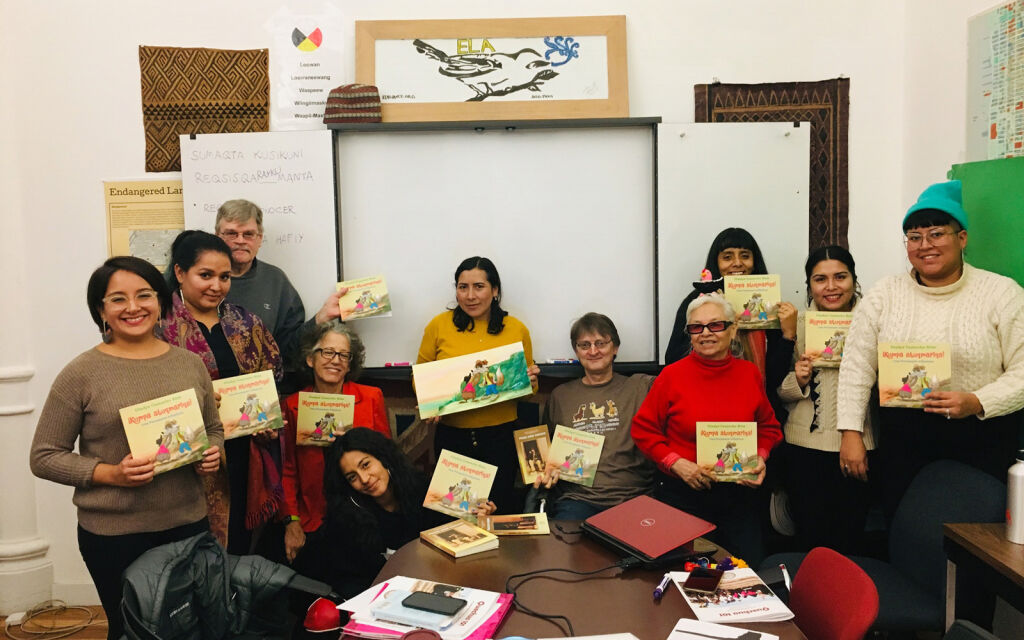Empathy, Art, and Telling Important Stories: Q&A with Jason Reynolds

When Will’s older brother is shot and killed, he has a decision to make: does he follow the rules of his community — don’t cry, don’t snitch, get revenge — or does he forge his own path? Long Way Down, a bestselling novel by Jason Reynolds, tells this story in compelling, fast-paced verse. And, on October 27, this story made its theatrical debut with a stage adaptation at the Kennedy Center.
Reynolds, who is a member of Planet Word’s Advisory Board, took some time to speak with us about seeing his work on stage, the role of empathy, and the importance of telling stories like Long Way Down.
Q: Long Way Down is written quite purposefully in verse. What’s it like to see that adapted to the stage?
A: So much of the story is about imagination, about putting together bits of the puzzle. The verse form leaves enough white space there for you to use your own logic and reasoning skills to piece together what’s in-between those spaces, and I think that the play will stick pretty close to that.
Q: Most of the actual events of the text take place in a very confined space: an elevator. How will the stage adaptation deal with that physical constraint?
A: It’s going to be a one-man show. The guy who’s playing everybody, he’s just using his voice and bouncing his voice around. I was so shocked! It actually works really, really well.
Q: You’ve said in previous interviews that you want Long Way Down to foster empathy. How does that experience of empathy work in a novel versus a theater production?
A: It changes, right? Reading a novel is sort of subjective in that your ability to empathize has a lot to do with your literacy level. In order for the empathy to do its job, the words have to be given life by the reader. So depending upon who you are reading that book, depending upon your ability, depending upon your comfort level, even just your comfort level with reading verse, it can change the way that you connect with the characters. I’d like to believe that it all works, but I understand that sometimes you have to read the book more than once. I also know that’s why the audiobook is being used so often, to help with that.
I think when we see something like Long Way Down on stage, we have to then reckon with the fact that we are experiencing it with our whole bodies. We’re in the space with a human being, and we’re basically becoming witnesses to a person dealing with this kind of anger and pain. It’s really hard to turn away because the human part of us always connects to the human part of others.
Q: Why is it significant to you to have this story on stage, in the Kennedy Center, in DC where you grew up?
A: Number one: It’s a big deal to put these kinds of stories in prestigious spaces because these kinds of stories have value, and we should always be reminded that these kinds of stories have value.
Number two: I think the Kennedy Center definitely opened up a different audience because a lot of the kids that these stories are about don’t get to come to the Kennedy Center. Fortunately, the Kennedy Center has all these outreach programs. But the truth is there will be more people who do not live in the kinds of spaces depicted in Long Way Down who can come and see this show. Hopefully they will be able to better understand — at least slow their judgment about — kids who can’t be there but who experience this every single day. Kids who live east of the river, kids who live uptown, kids who live in Northeast — these kids may not come to the show, but the adults in the room need to better empathize with the kids. You should also be able to slow your judgment about the kids who grew up in different neighborhoods. This is important for all of us.
You can see Long Way Down at the Kennedy Center from now until November 4. Visit the Kennedy Center website for more information on times and ticket prices.
 Jason Reynolds is a New York Times bestselling author, whose books for middle-grade and young-adult audiences include Long Way Down, As Brave As You, and Lu, his most recent release. Jason also serves as a member of Planet Word’s Advisory Board.
Jason Reynolds is a New York Times bestselling author, whose books for middle-grade and young-adult audiences include Long Way Down, As Brave As You, and Lu, his most recent release. Jason also serves as a member of Planet Word’s Advisory Board.


